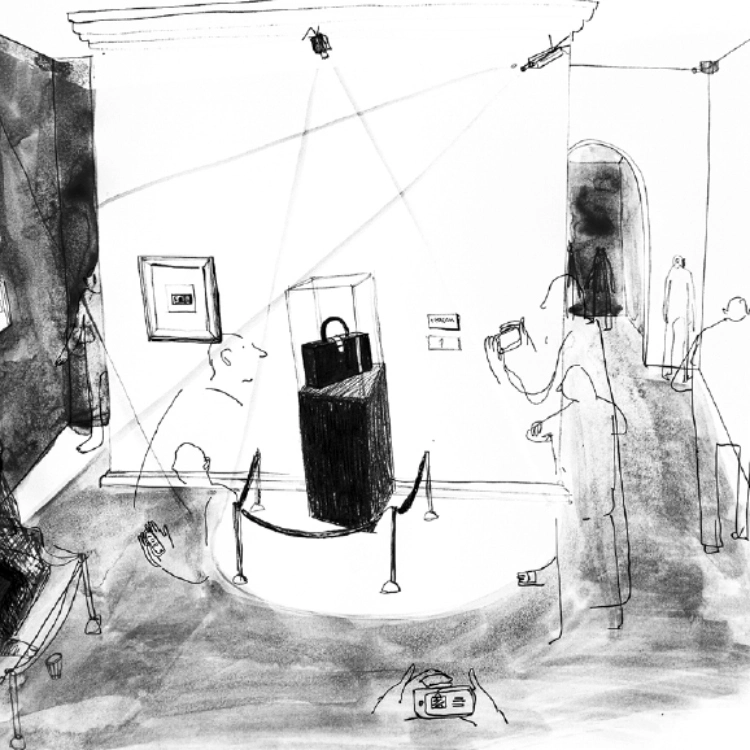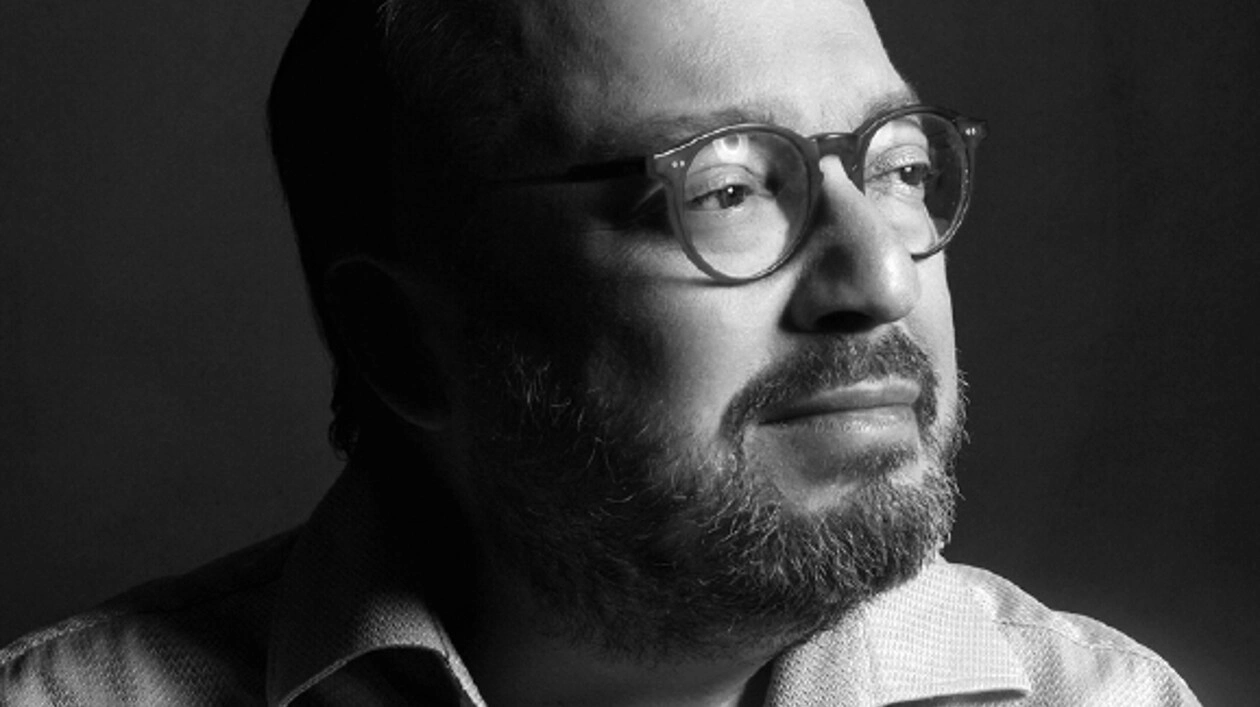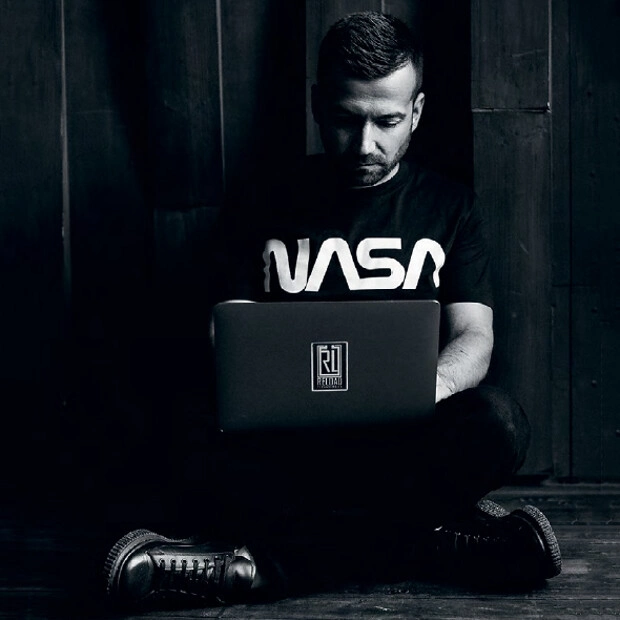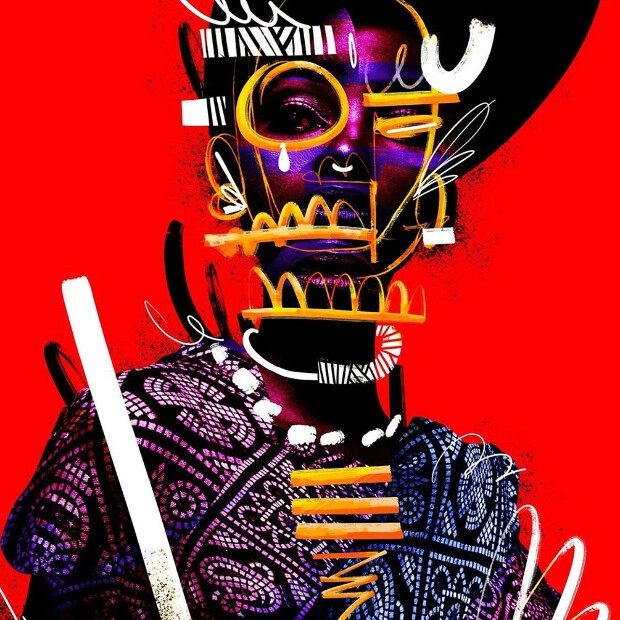Zamyatin, Huxley and Orwell's dystopian future predictions all failed to notice the potential of big corporations to monitor and store individual information and in-stead concentrated on State information gathering. In the contemporary world the moment one has 'friends' is the mo-ment one loses privacy. Not to be social media accessible has become a cause for comment. Stanislav Belkovskiy sees the interaction between the State and social media corporations as one where the first contracts out to the second the work of information collation and analysis. Here, he says, we see the denial of freedom and the generation of profit working in parallel.
And further, he says:
'We have to pay for everything in this world. We pay with loosing privacy of our communications for the convenience of the cash-free payments. We are at the point where traditional sociology is less important because of a Big Data technology. We can learn about someone by analyzing his presence in social networks and web itself much more realistic than with the help of any social theories or practices of the past. Expenses, incomes, cash-free payments of a person are strictly controlled by governmental departments and now we can make a full sociological portrait of him not acquiring help of a dying discipline sociology. This can also be done and controlled by any person able to hack a site. And there are many people like this in the world. We become absolutely accessible to some exterior observer, some giant brain and may be even not one, because in our epoch hierarchic power structures will lose to the net ones. A programmer, a guy with computer in an empty room in the university's campus will to some extent have not less power over us than the government with all of its police machine. If this person can easily hack our communications and follow the ways we receive and spend money we can become his distant refugees any time.
It is quite logical to suppose that the role of cash in the new epoch won't be diminished much. Now it seems to happen and cash is replaced by cash-free payments. But not everyone wants to live on the stage and at the moment when a person wants to hide in his personal life shell, to hide his income and outgoings he will use cash. The more will be the possibility to control one through his cash-free payments the bigger will be his conscious and subconscious need to hide and as a hyper compensation he will use cash. Say, the suitcase with cash will be a cult object in the Gallery where the Duchamp's 'Fontain' and Schwitters' 'Spit' already are.
So virtual money and freedom are incompatible things. Moreover the image of money giving freedom is deeply wrong. Karl Marx was extending the Geigel's ideas and defined accurately the nature of man's slavish addiction to money and assets. Whenever something is forced onto the cultural consciences of people, like Ekaterina's potatoes, alienation follows. Of course, after the Soviet Union's and Marx-Lenin's ideologies ended, Marx's authority declined. His expectation about world revolution didn't come true but that doesn't mean that his analysis is less relevant, especially in the theory of alienation.
When one starts to earn much money, one starts to serve money, not money serves oneself. All of your value and priority system starts to change in the favor of money. You think all of the time if you are going to have more or less money, if they like your new purchase. Say, you marry a woman not because you love her but because of your money likes her and she fits to your financial level. You drive a car not because you need a car but because you should do it ac-cording to your status and money.
Because of money, man acts in ways he doesn't objectively need. Moreover, he offends society; and can be guilty of harassment. And the saying that behind every large fortune there's a big crime is only partly wrong.
So, who is the boss: man or money? Very often money over man. There was a time when many said that Russian businessmen and rich people had nothing to lose so they could revolt against an authoritarian system. I said that they would not, because they have things to lose.
A feature of extreme wealth is the world art market where toilets become valuable art objects. Image if we had a gallery of the absurd exhibiting the distortions wealth can make. A suit case stuffed with money, a homeless person from a rail station and Zuckerberg signing a contract about controlling him from the moment of buying and he will do whatever you say; one billion dollars and he is yours.
Why do the rich like Warren Buffet and Bill Gates and many others not leave substantial? Legacies to their children? What does a man who doesn't give money to his children mean to say? I'm sure that money for him is a sacred substance and he is a Druid of this Religion in which money is just for chosen ones that's why he doesn't trust his children to have it. He will give it to charity funds where it'll be stolen. I don't respect even for a second this kind of actions and consider it to be the marginal form of abuse. If you gave birth to children give them what you have. There are no pockets in the coffin. A very vulgar but true proverb.
Money can be a rich person's religion but it doesn't necessarily mean they have happiness. I don't have money, I don't like it and that's why money doesn't like me. I'll never be rich and I stopped to worry about that a long time ago because every man is good at something and has his own mission. Mine is not money and I'd like to keep distance from it because I understand how many tears and much blood is behind it. And for me I'll be happy to do things I like with people that perhaps gives a social value'.







